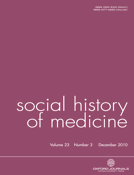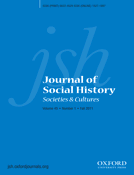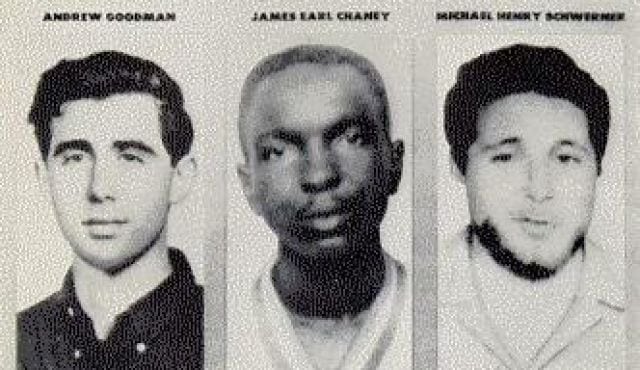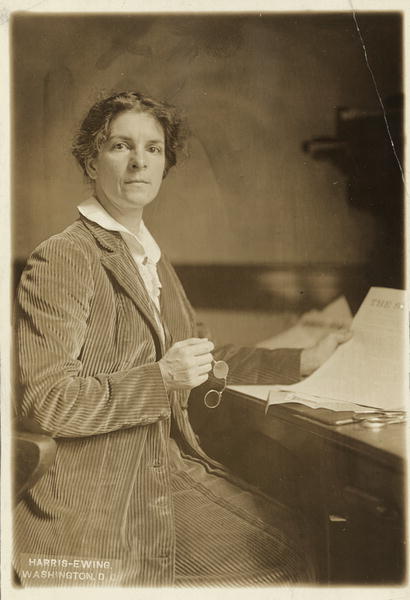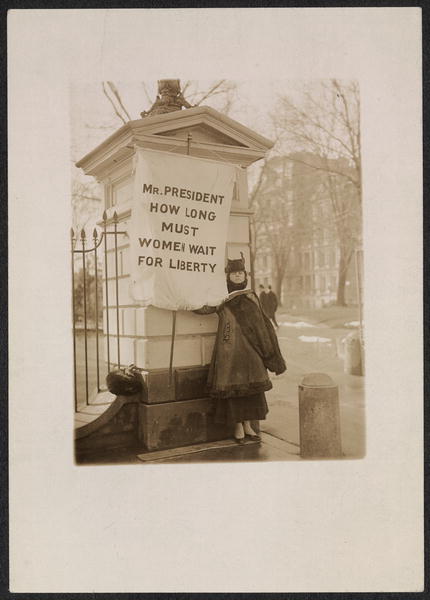Demographic socialization and reproductive behavior in a transitional context: a macro–micro perspective
Public Science of the Savage Mind: Contesting Cultural Anthropology in the Cold War Classroom
City Women: Money, Sex, and the Social Order in Early Modern London. By Eleanor Hubbard (New York, Oxford University Press, 2012) 297 pp. $125.00
How autism became autism: The radical transformation of a central concept of child development in Britain
The theoretical root of Karl Jaspers’ General Psychopathology. Part 1: Reconsidering the influence of phenomenology and hermeneutics
Building the counterculture, creating right livelihoods: the counterculture at work
From the EEL to the EGO: Psychoanalysis and the Remnants of Freud’s Early Scientific Practice
While numerous historiographical works have been written to shed light on Freud’s early theoretical education in biology, physiology, and medicine and on the influence of that education on psychoanalysis, this paper approaches Freud’s basic comprehension of science and methodology by focusing on his early research practice in physiology and neuranatomy.
The Institutional Framework of Russian Serfdom
Cultivating a Chairside Manner: Dental Hypnosis, Patient Management Psychology, and the Origins of Behavioral Dentistry in America, 1890–1910
Discussions regarding the use of hypnotism in dentistry featured prominently in dental journals and society proceedings during the decades around the turn of the twentieth century. Many dentists used hypnotic suggestion either as the sole anesthetic for extractions or in conjunction with local and general anesthetics for excavation and cavity filling.
Doubting Sex: Inscriptions, Bodies, and Selves in Nineteenth-Century Hermaphrodite Case Histories
Capitalism Takes Command: The Social Transformation of Nineteenth-Century America
The Criminalization of Abortion in the West: its Origins in Medieval Law

The law on abortion in present-day Ireland was recently described as ‘medieval’; a word intended to convey the meaning that the law was unsophisticated and insufficiently considerate of the interests of pregnant women. This book, however, shows clearly that medieval law on abortion was far from unsophisticated, and nor was it always as ‘pro-life’ as one might have imagined.
Raising Racists: The Socialization of White Children in the Jim Crow South
Transitioning labor to the ‘lean years’: the middle class and employer repression of organized labor in post-World War I Chicago
A Tale of Two American Cities: Disaster, Class and Citizenship in San Francisco 1906 and New Orleans 2005
Ambiguous Gender in Early Modern Spain and Portugal: Inquisitors, Doctors and the Transgression of Gender Norms
Health Care for Some: Rights and Rationing in the United States Since 1930
Bachelors and Bunnies: The Sexual Politics of Playboy
A Disability History of the United States
Violence between parents and children: courts of law in early modern Finland
Socialist emulation in China: worker heroes yesterday and today
Public affairs, privacy, and family stress: a case study in rural northern Sweden in the mid-nineteenth century
Our Little Patients: A Case Study of Hospitalized Children at the University of Michigan, 1890-2011
Neopositivism and the DSM psychiatric classification. An epistemological history. Part 1: Theoretical comparison
Science in a communist country: The case of the XXIInd International Congress of Psychology in Leipzig (1980).
Condom Nation: The U.S. Government’s Sex Education Campaign From World War I to the Internet
Negotiating Ethnicity, Class and Gender: German Associational Culture in Glasgow, 1864–1914
Parenthood, child-rearing and fertility in England, 1850–1914
Headship, Household Burden, and Infant Mortality in Taipei (1906-1944)
From Galaxies to Universe: A Cross-Disciplinary Review and Analysis of Public Values Publications From 1969 to 2012
The study of public values (PVs) is generating growing interest in public administration and public management, yet many challenges and unanswered questions remain. For the study of PVs to progress, we need to go beyond the traditional boundaries of public administration and management, to explore how and why scholars in different disciplines use the concept, and how and where approaches to the concept differ and overlap.
The fascination with eros: The role of passionate interests under communism
German towns at the eve of industrialization: household formation and the part of the elderly
This study shows that in pre-industrial towns life-courses were already different from those in the countryside, and that elderly rather lived without kin. These findings are further detailed, and the gender-specific impacts of the urban and rural, pre-industrial and industrial urban environments are discussed.
People and the car: the expansion of automobility in urban Britain, c.1955–70
This day in Jewish history / KKK kills three activists during Freedom Summer
FBI poster seeking information after the disappearance of Goodman, Chaney and Schwerner. Schwerner, the oldest of the three victims, had grown up in a middle-class Jewish family in Pelham, New York. At the time of his murder, he was a graduate student in social work at Columbia University.
“Light from the East”: travel to China and Australian activism in the “long Sixties”
Throughout the “long Sixties” a diverse array of Australian activists traveled beyond what was popularly known as the “bamboo curtain” into the People’s Republic of China (PRC). This paper will argue that they found not the monolithic “red menace” presented by media and government, but an often contradictory set of images mediated by their own political agendas and the changing nature of Chinese politics.
Robert Moses and the Visual Dimension of Physical Disorder: Efforts to Demonstrate Urban Blight in the Age of Slum Clearance
Mapping the Boston Poor: Inmates of the Boston Almshouse, 1795–1801
Documentary and geographical evidence about Boston from 1795 to 1801 reveals distinct patterns in poor people’s use of the Boston Almshouse and in their areas of residence within the city. A much higher percentage of Almshouse inmates came from Boston’s densely populated North End than from less urban areas with lower population densities.
A ‘German world’ shared among doctors: a history of the relationship between Japanese and German psychiatry before World War II
This article deals with the critical history of German and Japanese psychiatrists who dreamed of a ‘German world’ that would cross borders. It analyses their discourse, not only by looking at their biographical backgrounds, but also by examining them in a wider context linked to German academic predominance and cultural propaganda before World War II.
Moving beyond the critical synthesis: does the law preclude a future for US unions?
This retrospective essay on Tomlins’ The State and Unions assesses the durability of his observations in light of developments over the past quarter century. The decline of unions in the context of minimal protections offered under contemporary labor law seems to fit Tomlins’ thesis that the New Deal offered only a counterfeit liberty to labor.
Marital cruelty: reconsidering lay attitudes in England, c. 1580 to 1850
Wendy D. Churchill, Female Patients in Early Modern Britain: Gender, Diagnosis, and Treatment

Wendy Churchill’s impressive new book, Female Patients in Early Modern Britain: Gender, Diagnosis, and Treatment, joins this resurgence. The first ‘comprehensive study of female illness and treatment in early modern Britain’, it analyses an unprecedented number of medical casebooks, observations and letters, to ‘reveal how sex and gender influenced medical diagnosis and treatment for female patients during this pivotal period in British medicine’ (p. 14), 1590 to 1740.
Photographs from the Records of the National Woman’s Party
Mrs. Rheta Childe Dorr of New York is one of the prominent members of the Advisory Council of the Congressional Union for Woman Suffrage. Mrs. Dorr is a well known writer and speaker. She is the author of “What 8,000,000 Women Want” and was formerly editor of The Suffragist, the official organ of the Congressional Union.
They Say Bad Things Come in Threes: How Economic, Political and Cultural Shifts Facilitated Contemporary Anti-Immigration Activism in the United States
The ‘Sheffield Outrages’: violence, class and trade unionism, 1850–70
Contributions of Hebb and Vygotsky to an Integrated Science of Mind
Hebb and Vygotsky are two of the most influential figures of psychology in the first half of the twentieth century. They represent cultural and biological approaches to explaining human development, and thus a number of their ideas remain relevant to current psychology and cognitive neuroscience. In this article, we examine similarities and differences between these two important figures, exploring possibilities for a theoretical synthesis between their two literatures, which have had little contact with each other.
Sex, illegitimacy and social change in industrializing Britain
Violence or justice? Gender-specific structures and strategies in early modern Europe
This article aims at getting a deeper understanding of gender-specific justification of violence in early modern legal discourse and practice. The analysis focuses on structures and strategies concerning women’s supposed misconduct, disobedience and sexually suspicious acts, and violence related to this.












